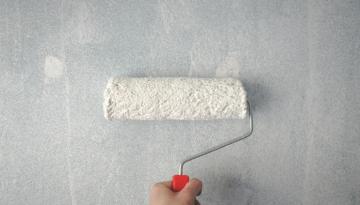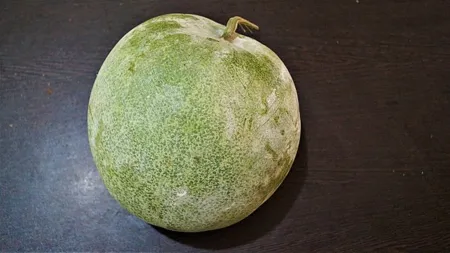Indian filter coffee ranks second best rated coffee in the world (recipe inside)
Coffee, the aromatic elixir that kickstarts the day for millions around the world, transcends cultural boundaries. From the bustling cafes of New Delhi to the serene hills of Colombia, coffee is not just a beverage; it’s a ritual, a moment of solace, and a catalyst for conversation.
To pay homage to this delicious drink, Taste Atlas, a popular food guide, recently released a list of the ’10 Best Rated Coffees’ in the world. While the list was topped by ‘Café Cubano’ — a sweetened espresso shot prepared using dark roast coffee and sugar — our very own ‘Indian filter coffee’ came in the second position.

But what makes Indian filter coffee unique? We reached out to chefs to understand.
What sets Indian filter coffee apart is its distinctive blend of coffee beans, typically a combination of Arabica and Robusta varieties sourced from the lush plantations of South India. “These beans undergo a meticulous roasting process, often with a touch of chicory, to enhance the depth of flavour and impart a subtle bitterness to the brew,” Biswarup Chatterjee, executive chef at Hilton Garden Inn, New Delhi, tells indianexpress.com.
The brewing process itself is an art form, with skilled artisans mastering the technique over generations. “The slow drip method ensures that the coffee grounds are fully saturated, extracting maximum flavour and aroma without compromising on the smoothness of the final cup. The addition of frothed milk, known as ‘decoction’, further enhances the richness and creaminess of the coffee, creating a sensory experience that captivates the palate,” chef Chatterjee adds.
In comparison to the regular cup of coffee, Indian filter coffee, or filter kaapi, has more caffeine.
“Regular coffee tastes a little bit lighter than filter coffee, which is renowned for having a deeper flavour. While we use processed and refined coffee beans to make normal coffee, we utilise fresh, ground coffee beans for filter coffee preparation. Making filter coffee takes longer than creating standard coffee drinks like cappuccino and espresso because filter coffee is prepared slowly.” says Diwas Wadhera, executive chef, Eros Hotel, Nehru Place, New Delhi.
“Indian filter coffee is also thought to be rich in antioxidants and high in fibre, which may help prevent heart disease, cancer, and other ailments,” he adds.
It also has a special ritualistic way it is often served, says Dheeraj Mathur, cluster executive chef, Radisson Blu Kaushambi, Delhi NCR.
Making Indian filter coffee involves a specific set of ingredients and a unique brewing process. Here’s a simple recipe, courtesy chef Mathur:
Ingredients
- Coffee powder: A blend of dark-roasted coffee beans, often mixed with chicory. The ratio of coffee to chicory varies based on personal preference (commonly 80:20 or 70:30).
- Water: Fresh, clean water for brewing.
- Milk: Whole milk is traditionally used for a richer flavour.
- Sugar: Optional, based on individual taste preferences.
Method
Brewing the coffee decoction:
- Add 2 to 3 tablespoons of coffee powder to the upper cup of the filter.
- Gently tamp down the coffee powder using the plunger or a flat spoon, ensuring it’s compact.
- Pour hot water over the tamped coffee powder. Let it percolate through the tiny holes into the lower cup. This process extracts a strong coffee decoction.
- Allow the collected liquid (decoction) in the lower cup to fill and set it aside.
Making filter coffee:
- Heat the desired amount of milk. Traditionally, whole milk is frothed to create a creamy texture.
- In a tumbler, combine the desired amount of coffee decoction with hot, frothy milk.
- Adjust the ratio based on personal taste preferences. If desired, add sugar to the coffee-milk mixture according to taste.
- For the traditional experience, pour the coffee from the tumbler to the dabarah (saucer) and back a few times to cool and froth it.
Your Indian filter coffee is ready to be enjoyed!
Pro tip: The quantities of coffee, milk, and sugar can be adjusted based on individual preferences. The key is to achieve a balance that suits your taste.
Here are the top 10 coffees in the world, as ranked by Taste Atlas:
View this post on Instagram
A post shared by TasteAtlas (@tasteatlas)
Disclaimer: The copyright of this article belongs to the original author. Reposting this article is solely for the purpose of information dissemination and does not constitute any investment advice. If there is any infringement, please contact us immediately. We will make corrections or deletions as necessary. Thank you.





